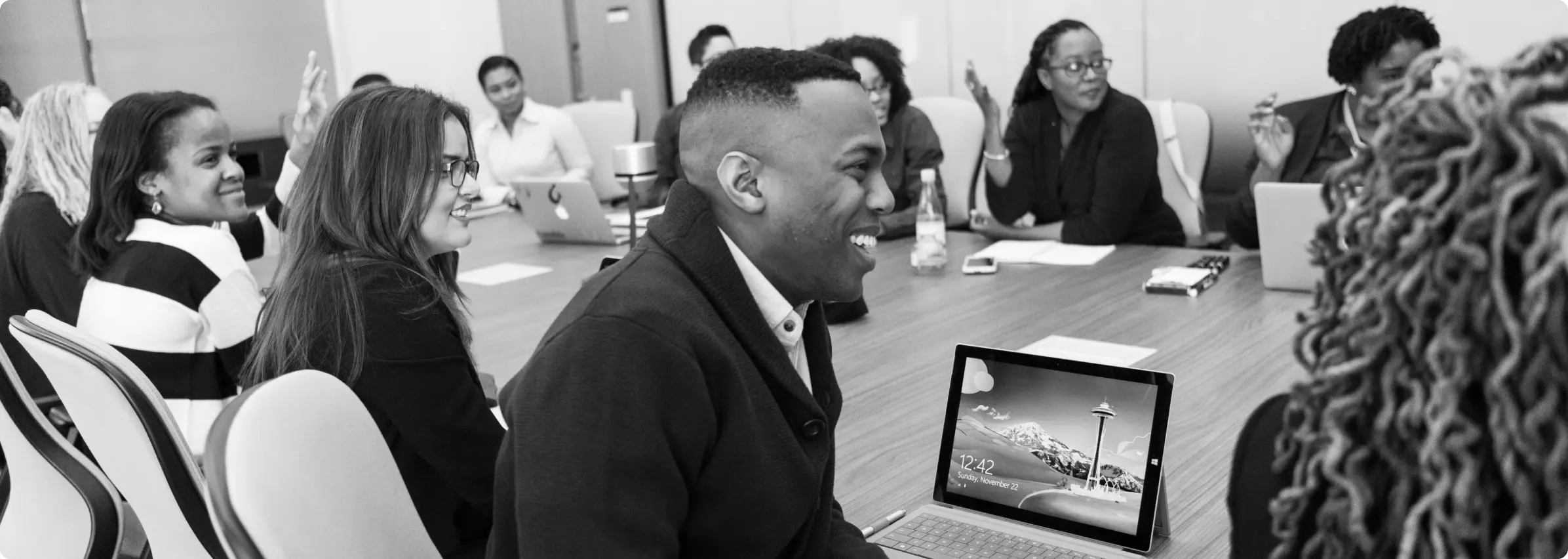
Achieving Value for Money in Procurement
Introduction
For public and private sector organisations alike, procurement decisions directly impact financial performance, service delivery and reputation. Achieving value for money (VfM) goes beyond selecting the lowest-cost supplier – it requires balancing cost, quality, risk, sustainability and broader organisational objectives. This article considers the principles and practical steps to achieving value for money when procuring goods and services.
What Does Value for Money Mean?
Value for money is commonly defined as obtaining the best possible outcome from available resources. It requires a holistic assessment of both financial and non-financial benefits of a procurement and considers:
- Price and cost-effectiveness: The upfront and lifecycle costs of goods and services.
- Quality and performance: The ability of a supplier to meet or exceed the required specifications.
- Risk management: The likelihood of delays, defects or supply chain failures.
- Sustainability and social outcomes: Environmental impacts, ethical sourcing and local community benefits.
Key Principles in Achieving VfM
Clearly Define Needs
Precise specifications prevent over-purchasing and ensure suppliers understand expectations. Early market research helps identify innovative solutions that may better serve organisational needs.
Consider Whole-of-Life Costs
The cheapest option at the point of purchase may be more expensive in the long term due to maintenance, energy consumption or disposal costs. A total cost of ownership analysis provides a more accurate comparison.
Encourage Competition
Transparent tendering and open market engagement create opportunities for diverse suppliers. A competitive process helps secure more favourable terms and pricing.
Assess Non-Financial Factors
Supplier capability, reliability and track record can significantly influence value. Incorporating environmental, social and governance (ESG) considerations ensures procurement aligns with broader organisational policies and values.
Apply Proportionate Risk Management
Risk assessments should be proportionate to the size and complexity of the procurement. Contract structures (e.g. performance guarantees) can mitigate potential issues.
Engage Stakeholders and End Users
Procurement decisions should involve consultation with those who will ultimately use or benefit from the goods or services.
Monitor and Review Contracts
VfM does not end at contract award – ongoing performance monitoring is essential. Regular reviews ensure suppliers remain accountable and adaptive to changing needs.
Practical Strategies for Organisations
- Implement procurement policies and procedures that require justification for selection beyond price alone.
- Use evaluation criteria that weight quality, risk and sustainability alongside cost.
- Ensure transparency.
- Build long-term supplier relationships to encourage collaboration and innovation.
Evaluation Criteria
Evaluation criteria provide a structured framework for assessing supplier proposals. They should balance cost, quality, risk, sustainability and organisational objectives. Weightings can be adjusted depending on the nature, complexity, size and strategic importance of the procurement. For example, a high-value ICT procurement might allocate more weight to technical capability and risk, while a facilities services contract may focus more on whole-of-life cost and service delivery.
Evaluation criteria might include:
- Price and Whole-of-Life Cost
- Technical Capability and Quality
- Supplier Experience and Capacity
- Risk Management
- Sustainability and ESG Outcomes
- Contract Management and Service Delivery Approach
- Innovation and Value-Add
Conclusion
Achieving value for money in procurement requires balancing price with broader outcomes, including quality, sustainability and risk management. By adopting structured procurement processes and applying a whole-of-life perspective, organisations can secure not just the cheapest option, but the most beneficial and sustainable outcome for the resources invested.
Our Services
Muscat Tanzer helps organisations achieve VfM in their procurement activities by combining legal and governance expertise. Our services support transparent, efficient and sustainable procurement outcomes that deliver more than just the lowest price, and include:
- Procurement Strategy and Policy Development
- Designing procurement frameworks that balance price, quality, risk and sustainability.
- Drafting or reviewing procurement policies and procedures to ensure compliance with legislative requirements and support the achievement of VfM outcomes.
- Advising on whole-of-life and VfM assessment frameworks.
- Tender Preparation and Evaluation Support
- Preparing procurement documentation (RFTs, RFQs, EOIs) that clearly define evaluation criteria.
- Advising on probity, fairness and transparency in tendering.
- Assisting with evaluation processes, including developing scoring matrices and documenting decisions.
- Contract Drafting and Negotiation
- Drafting tailored contracts (goods, services, ICT, construction, facilities management, etc.) with appropriate risk allocation.
- Negotiating with suppliers to secure favourable terms without compromising VfM.
- Embedding performance measures that ensure accountability.
- Risk and Compliance Management
- Identifying procurement risks, from supply chain vulnerabilities to ESG obligations.
- Advising on governance frameworks that support ethical and sustainable procurement.
- Ensuring compliance with local government, state, or Commonwealth procurement rules (as relevant).
- Supplier Relationship and Contract Management
- Helping organisations set up monitoring frameworks to track supplier performance.
- Providing tools for effective contract management, reporting and continuous improvement.
- Advising on dispute resolution and contract variations while maintaining VfM.
- Training and Capacity Building
- Delivering workshops for procurement teams on best practice procurement and VfM assessment.
- Equipping staff with practical tools such as evaluation templates, checklists and negotiation guides.
- Sustainability and ESG Integration
- Advising on how to incorporate social procurement, Indigenous engagement and environmental sustainability into evaluation criteria.
- Supporting organisations to meet ESG reporting requirements through procurement.
Our Value
By engaging us, organisations gain:
- Transparency in procurement processes.
- Efficiency through streamlined documentation and evaluation.
- Risk mitigation via robust contracts and governance.
- Sustainability by embedding ESG and community benefit into procurement.
- Confidence that every procurement delivers not just the lowest cost, but the best overall value.

Paul Muscat
Director
Muscat Tanzer

Lucy White
Associate
Muscat Tanzer










